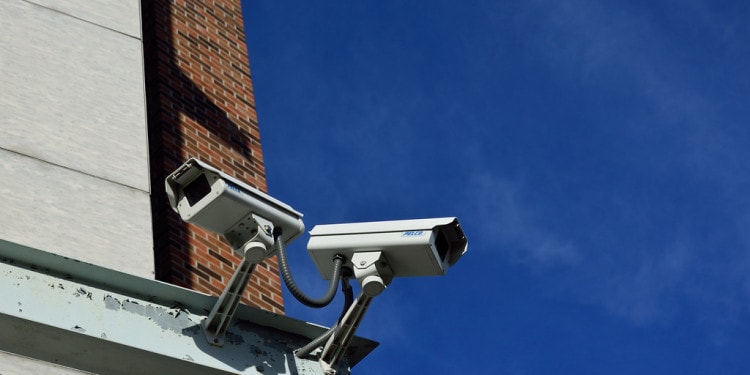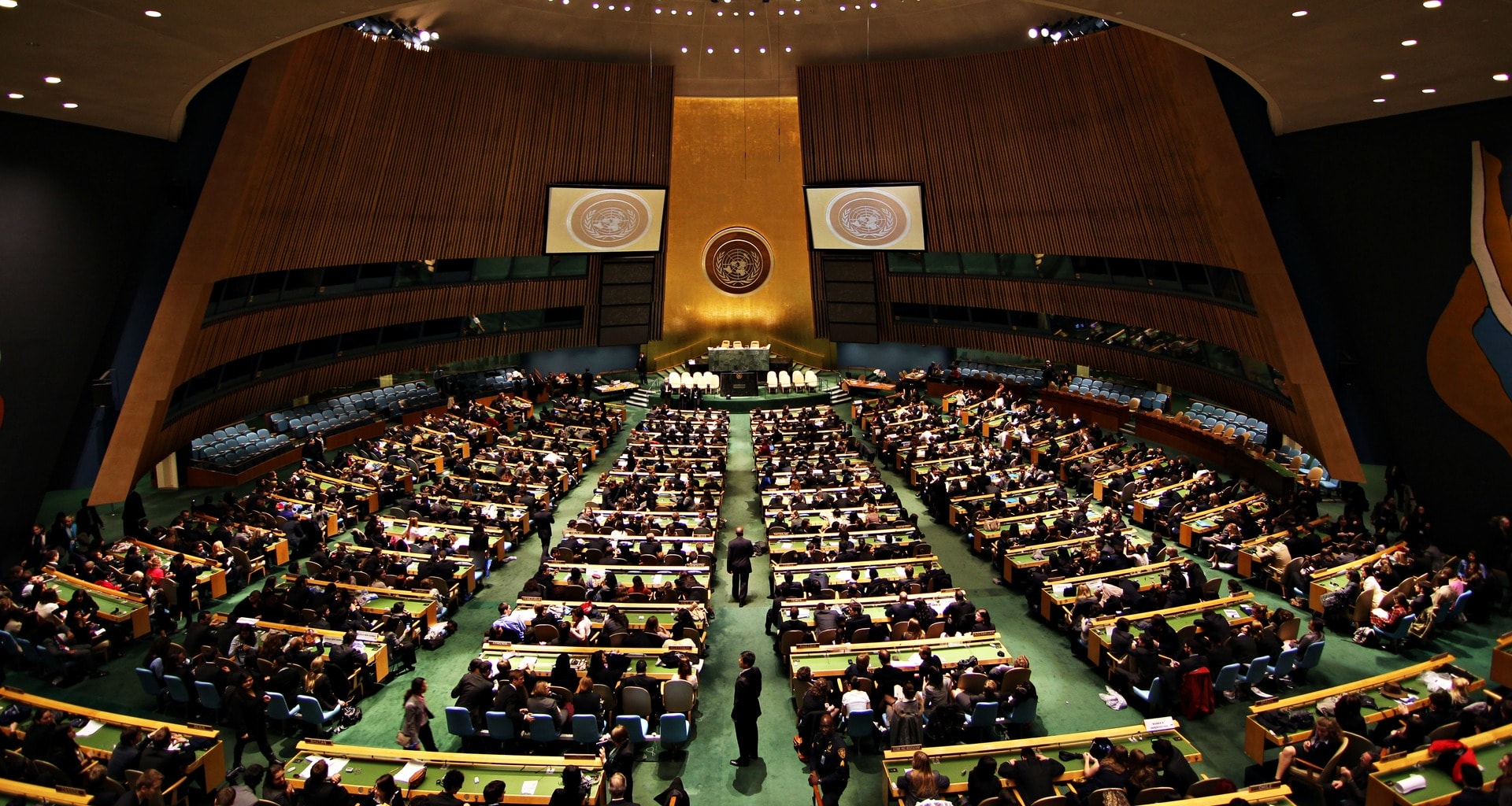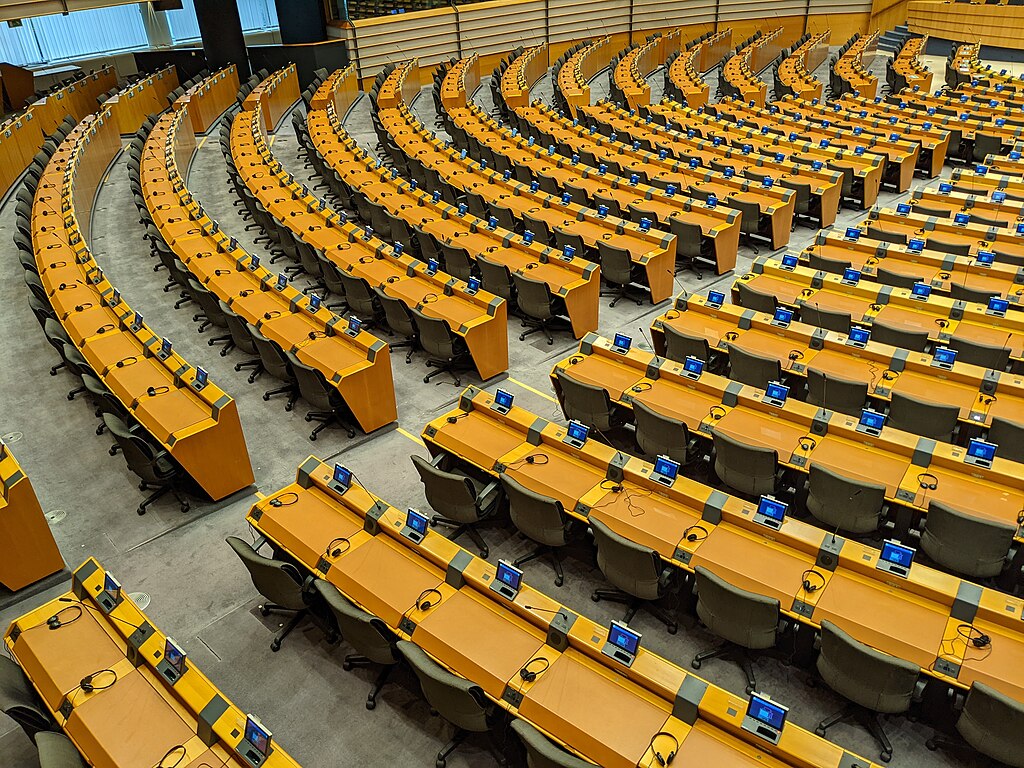In our COVID-19 afflicted times, what sort of society we want to live in and how we use technology to secure it have become crucial questions, putting our social contract at risk. The danger arises when we overstep the mark into regime security. Such questions guide the work of the ANU Cyber Institute, as explained in this article.
At the newly created ANU Cyber Institute, two of their guiding questions are: what sort of society do we want to live in; and how should we use technology to support and secure that? This can take many forms and can include privacy and data collection, internet safety and security, such as phishing and spear-phishing, as well as cyber-crime, the dark web, foreign interference, and ultimately cyberwar.
Addressing these guiding questions is about being far more aware of how our digital presence is being monitored, harvested and manipulated, as much as it is about the internet providing a platform for millennia-old human activity. What do we know, what don’t we know, who needs to know, and what will we accept? In many ways, it comes down to what political system we live under.
Related topics: How to fight disease outbreaks with data – Pandemic and Democracy. A Troubled Relationship – Moving Out of Lockdown

In China, it seems citizens comply and are likely to compete for good scores or be punished with low scores which result in, among other things, having their travel restricted. Violations of ‘good citizenship’ include jaywalking, playing too many video games, and buying too much alcohol. So you won’t get caught, it’s best to abide the laws and learn all the important details such as the penalties for jaywalking.
In London, a city with a proud tradition of civil liberty campaigners, a group of dissenters referred to as the ‘Dazzle Club’ have taken to wearing vibrant dissonant makeup patterns on their faces to foil face recognition cameras.
In the hybrid democracy of Hong Kong, Hong Kong protesters lasered and physically destroyed street cameras and camouflaged themselves with masks and umbrellas during the 2019 violent street protests. They also curated a website in Cantonese and English detailing what data smart lamp-posts could collect, outlining their concerns in an Open Letter to the Hong Kong Government.
Their concerns include the use of ‘smart lamp-posts’ that can capture data. These lamp posts not only utilize surveillance cameras, but also can use Bluetooth, RFID, WiFi, and 4G/5G functions to capture the movements and data of passers-by.

Emily Roderick, Evie Price and Anna Hart, founders of the Dazzle Club wearing makeup designed to confuse facial recognition cameras. Photograph: Cocoa Laney/The Observer.
Are these developments the steps to the dystopias we have all long been aware of, or are they reasonable precautions to retain control of national security and keep streets safe from crime and violence?
In some ways, it comes down to how we define ‘security’. In academia, this is a term that continues to defy a common definition. What can be discerned is that there are different ways to conceive security, and the dangers arise when we overstep the mark into regime security. This is the classic trade-off between privacy and security, the Hobbesian ‘social contract’, where, as rational beings, humans succumb to the Sovereign in order to live in a civilized society.
In these enforced times of working from home due to the unprecedented COVID-19 virus, another element of how we use technology to work from home and yet stay connected to workplaces, colleagues, friends, and family is in the video and messaging platforms we are now flocking to.
This brings up what private corporations might be doing, not just governments. How many of us have checked the Terms and Conditions regarding the privacy policy, of, for example, Zoom? Or of what we have to agree to just to access an app? In a recently published article for the Australian Financial Review, (Paywall) ANU colleagues found that:
Far from simply providing a meeting platform, Zoom collects large amounts of data to analyze its own service, and to provide business customers with some powerful features and tools that may easily be abused. These include video and audio recordings, audio-to-text transcriptions, detailed network information, advertising IDs, and even detailed and intrusive monitoring of what is on the screen of meeting attendees. Zoom collects much of this information without first seeking the consent of attendees, or properly informing them of what information is being recorded.
The questions posed here are important to have so that informed conversations can occur about what type of community, country, and the world we want to live in now and in the future so that we flourish at every level of society.
Already, how many of us might unwittingly have the condition Nomophobia, which is the anxiety that arises when distanced from our mobile devices? It is all about ‘working back from the inquest’, which in this instance could be something quite dystopian. We have the chance to change this before it’s too late, which is what the Cyber Institute is all about.
About the author: Stephanie Koorey is a Research Fellow at the ANU Cyber Institute.
EDITOR’S NOTE: The opinions expressed here by Impakter.com columnists are their own, not those of Impakter.com.











